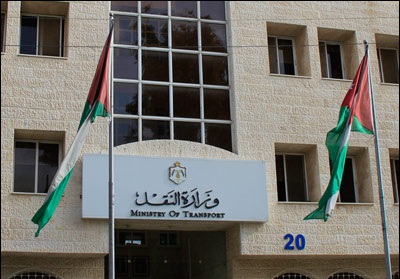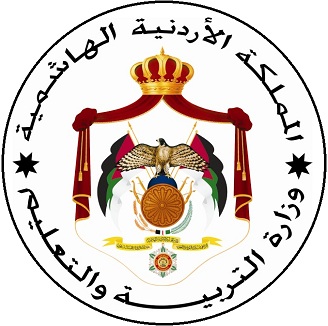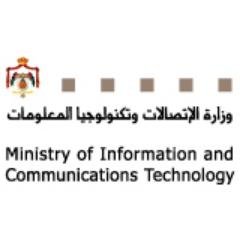
Ministry of Transport
Listed in :Government Sectors > Ministries
-
Jordan
Vision:
Adoption of r policies that contribute to making the transport sector more secure and competitive ,preserve the environment and enhance the socio_economic development in the Hashemite Kingdom of Jordan.
Mission:
Develop and raise the level of service of the transport sector for all its modes, contribute to the protection of the environment, improve the level of public safety through the development and updating of legislation, fostering the role of the private sector and promoting investment, cooperation and coordination with all concerned local and international parties in order to achieve national goals and enhance competitiveness of the national economy.
The Ministry of Transport was established in early 1965, when it was previously called the Ministry of Communications (Rail, Aviation and Seaports). It assumed its official status in 1971, when the Ministry of Transport law No. 42 was issued, and became a permanent law in 1972.
Said law entrusted the Ministry with the responsibility of organizing the transport sector in the Kingdom. The responsibility encompasses the task of organizing all means and vehicles of transport, fixed and movable equipment, personnel and associated services, as well as the tasks of drawing up the necessary plans and studies for determining the country's intermediate and long term needs of the means of transport. It also includes the responsibility of drafting and updating the sector's laws, by-laws and instructions that regulate all matters related to transport, in a way that is congruent with domestic and foreign transport.
The Transport Law no. (89) 2003 published, when the Ministry will assume the following responsibilities and authorizations needed in order to carry out its mission:
• Developing the general policy for transport and overseeing its implementation in coordination and cooperation with all related parties.
• Regulating and monitoring the road freight transport sector and its services, as well as issuance of necessary permits for individuals and companies operating in the sector.
• Regulating and monitoring the freight transport by rail sector and its services, as well as issuance of necessary permits for those operating in the sector.
• Setting freight transport’s fares and tariffs.
• Following up on the implementation of technical rules, and approved specifications, measurements and standards, in accordance with enacted legislation.
• Following up on the implementation of bilateral transport agreements concluded between the Kingdom and other states as well as international treaties to which the Kingdom is a party.
•
Preparing the necessary researches and studies for developing the sector, and issuing periodic bulletins and reports on its activities.
• Establishing a databank for the transport sector.
• Handling of all other functions related to the sector.
MOT commands particular significance as one of the prominent national institutions that fosters and supports the transport sector and coordinates the functions of the departments, establishments, organizations and companies involved therewith. This is in addition to Ministry's responsibilities for regulating relations with local, Arab, regional and international institutions, associations and companies operating in the field of transport.


























